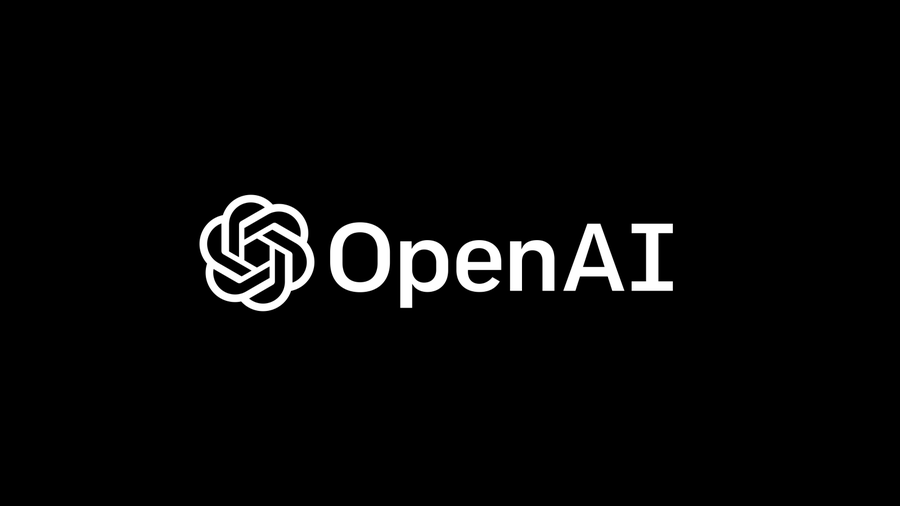Science News Roundup: Generation Space launches startup accelerator in U.S; Explainer-Bard vs ChatGPT: What do we know about Google's AI chatbot? and more
Just minutes after Google announced the launch of Bard on Monday, Microsoft said it would hold an event at its Redmond headquarters to reveal its own AI, potentially setting the stage for the next Chrome-versus-Internet Explorer or Gmail-versus-Hotmail.

Following is a summary of current science news briefs.
Generation Space launches startup accelerator in U.S
British space investment firm Seraphim Space said on Monday its unit, Generation Space, would provide 12 early-stage U.S. startups with a potential to access funding of more than $150 million in total through a new accelerator program. The 12-week accelerator will focus on startups working in sectors ranging from climate technology and defense to communications and mobility.
Explainer-Bard vs ChatGPT: What do we know about Google's AI chatbot?
Alphabet Inc and rival Microsoft are once again locked in a race to rule the internet zeitgeist after the Google owner launched "Bard" in answer to AI chatbot sensation ChatGPT. Just minutes after Google announced the launch of Bard on Monday, Microsoft said it would hold an event at its Redmond headquarters to reveal its own AI, potentially setting the stage for the next Chrome-versus-Internet Explorer or Gmail-versus-Hotmail.
Glacial lake floods threaten communities in Asia, South America
Melting mountain glaciers pose a growing flood risk to some 15 million people around the world, researchers said in a report published on Tuesday, with communities in Asia facing the biggest danger. Runoff from melting glaciers often pools in shallow lakes, held back by rocks and debris. The risk comes when a lake overfills, bursting through its natural barrier and sending a torrent of water rushing down mountain valleys.
Israeli scientists develop sniffing robot with locust antennae
A new sniffing robot equipped with a biological sensor that uses the antennae of locusts could help advance disease diagnosis and improve security checks, its Israeli developers said. Locusts have an acute sense of smell, which the researchers in Tel Aviv University have managed to harness to their bio-hybrid robot, making it far more sensitive than existing electronic sniffers, they said.
ALSO READ
SE Asia turning into a major market, excited about opportunities in India: Cathay Director Cargo
Border Battles Resurface Amidst Political Maneuvering in Southeast Asia
Soccer-The week in Asian football
India's U-19 Triumph: Dominant Victory Over Pakistan in Asia Cup Showdown
Kazuki Higa: A Historic Win in Asian Tour's Golf










